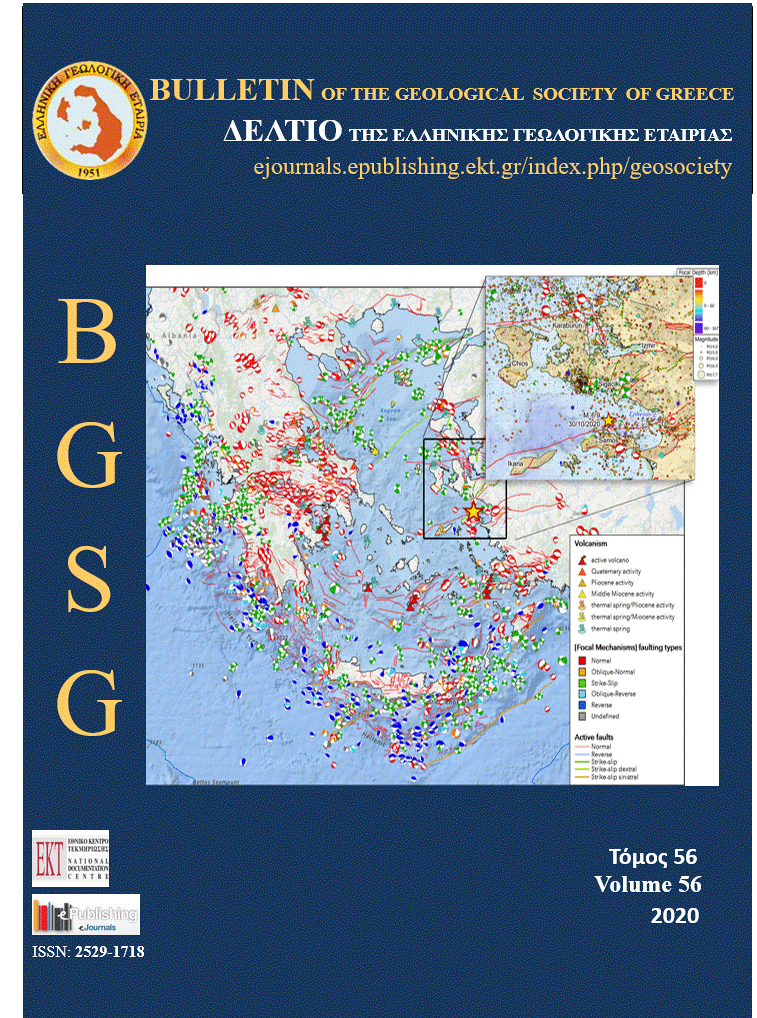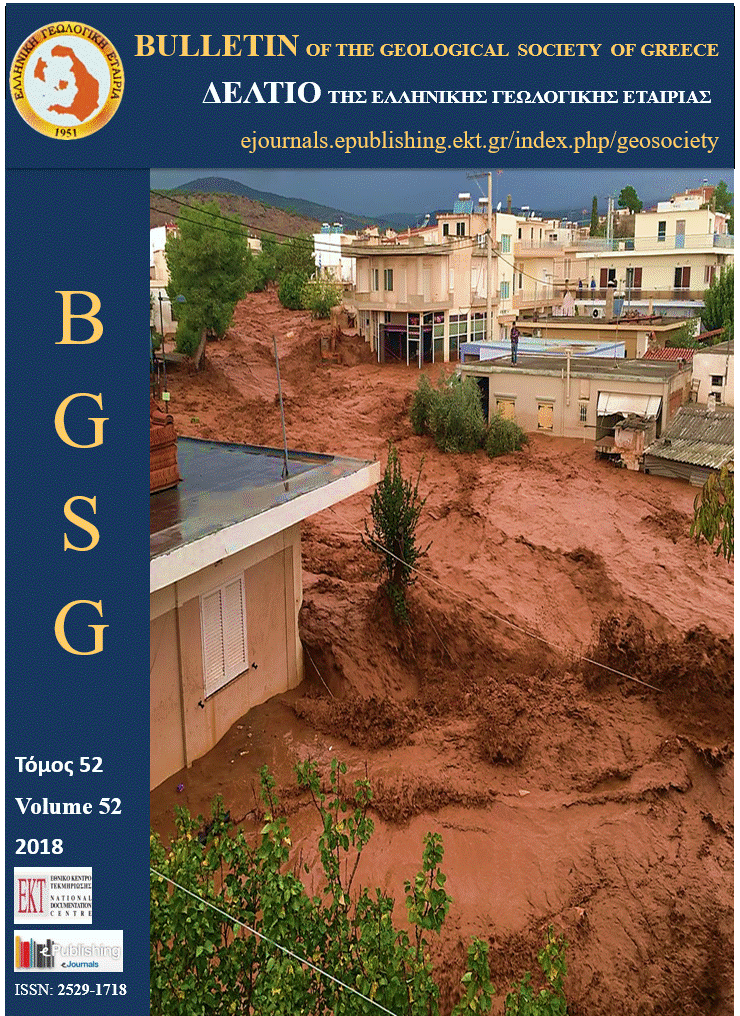Statistical approach of groundwater quality assessment at Almopia basin, Macedonia, North Greece.

Abstract
Groundwater quality is substantial for social and economic activities in Greece since the majority of the cultivated land is irrigated by water abstracted from aquifers, via a large number of wells and boreholes. The main sources of groundwater pollution are the fertilizers used in agriculture, and the disposal of untreated wastewater from domestic and industrial use. The plain part of Almopia basin, North Greece, is a rural area with intense agricultural activities (including livestock), without significant industrial activity or urban centers. Mild touristic activity has been developed during the last decades in the area of Loutraki, due to the exploitation of the local geothermal field (Pozar springs) for balneotherapy. The aim of this paper is to evaluate the groundwater quality using conventional statistical methods, as well as to employ multivariate statistical methods (factor analysis, cluster analysis) in order to identify the main hydrogeological processes or human activities that affect and determine the water character. The area was selected because of the extended cultivating activities that take place within its boundaries and the availability of adequate data. According to the results of the implemented research, the groundwater samples are of good quality, whereas the chemical composition is mainly formed by the interaction between the water and the geological formations.
Article Details
- How to Cite
-
Mattas, C., Veranis, N., Soulios, G., & Kaklis, T. (2020). Statistical approach of groundwater quality assessment at Almopia basin, Macedonia, North Greece. Bulletin of the Geological Society of Greece, 56(1), 204–222. https://doi.org/10.12681/bgsg.23487
- Issue
- Vol. 56 No. 1 (2020)
- Section
- Hydrology and Hydrogeology

This work is licensed under a Creative Commons Attribution-NonCommercial 4.0 International License.
Authors who publish with this journal agree to the following terms:
Authors retain copyright and grant the journal right of first publication with the work simultaneously licensed under a Creative Commons Attribution Non-Commercial License that allows others to share the work with an acknowledgement of the work's authorship and initial publication in this journal.
Authors are able to enter into separate, additional contractual arrangements for the non-exclusive distribution of the journal's published version of the work (e.g. post it to an institutional repository or publish it in a book), with an acknowledgement of its initial publication in this journal. Authors are permitted and encouraged to post their work online (preferably in institutional repositories or on their website) prior to and during the submission process, as it can lead to productive exchanges, as well as earlier and greater citation of published work.



